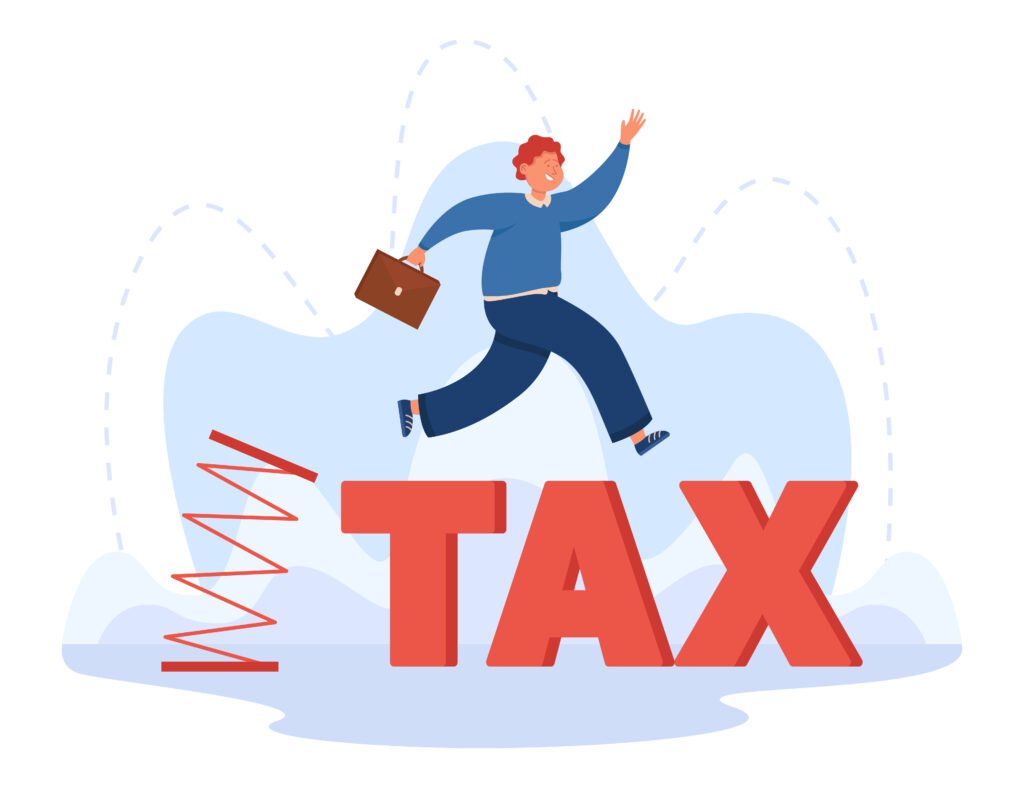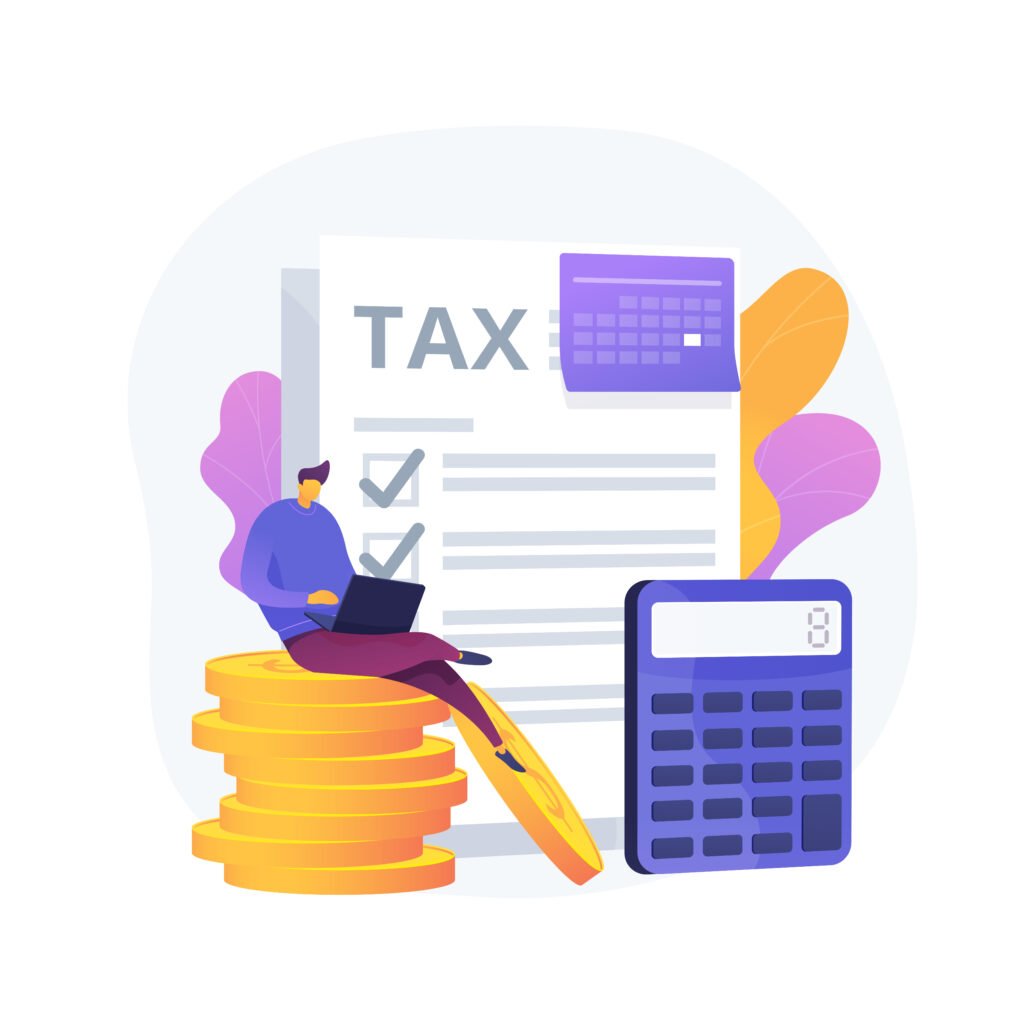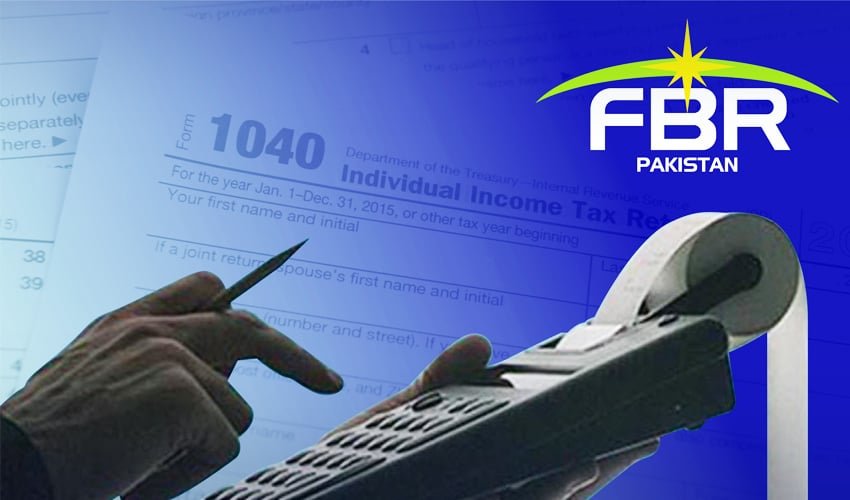Return Filing FBR Sales Tax (GST)
Return Filing with FBR for Sales Tax (GST): A Comprehensive Guide for Businesses
Filing returns with the Federal Board of Revenue (FBR) is a pivotal responsibility for businesses operating in Pakistan. This guide is crafted to provide a thorough understanding of the nuances involved in the return filing process, with a specific focus on Sales Tax, also known as Goods and Services Tax (GST).
Sales Tax (GST) in Pakistan
1. Explaining Sales Tax:
Sales Tax, as a form of indirect taxation, is levied on the supply of goods and services. In Pakistan, the FBR is the authoritative body responsible for administrating and collecting Sales Tax. This tax is applied at various stages of the supply chain to ensure a fair contribution from each participant in the economic ecosystem.
2. Categorization of GST: Sales Tax
Understanding the diverse categories of Sales Tax is paramount for businesses. Goods and services are classified into Standard Rated, Zero Rated, and Exempt supplies, each attracting different tax rates.
- Standard Rated: Goods and services falling under this category are subject to the standard GST rate.
- Zero Rated: Essential items like basic food and medicines enjoy a zero GST rate.
Exempt Supplies: Some supplies are entirely exempt from GST, and businesses engaging in such supplies must be cognizant of the specific exemptions.


Navigating the Filing Maze with FBR
1. Registration Protocols For Sales Tax
Before delving into return filing, businesses must ensure they are registered with the FBR for Sales Tax. This is a mandatory step for entities whose annual turnover exceeds the prescribed threshold. The FBR has streamlined the registration process through an online portal, making it more accessible and efficient for businesses.
2. Frequency Dynamics: Sales Tax
The frequency of Sales Tax return filing is contingent upon the category of the taxpayer. Businesses may fall into one of three categories: Monthly, Quarterly, or Annual filers, depending on factors such as sales volume and business nature.
3. Documenting Success: Sales Tax
Comprehensive documentation forms the bedrock of a successful return filing process. Businesses must maintain accurate sales, purchases, and associated expense records. This includes meticulously recording invoices, receipts, bank statements, and other relevant financial documents.
4. Digital Transition Towards Sales Tax
In a commendable move towards efficiency, the FBR has embraced technology by shifting to an online tax filing system. Businesses can now log in to the FBR portal, navigate to the Sales Tax section, and seamlessly submit their returns electronically. This not only reduces paperwork but also accelerates the processing of returns.
Addressing Common Challenges with Sales Tax
1. Balancing the Books: Input and Output Tax Adjustment:
Businesses frequently encounter challenges related to input and output tax adjustments. It is imperative to accurately account for input tax credits and adjust them against the output tax. Integrating automated accounting systems proves invaluable in streamlining this process, reducing the risk of errors.
2. Racing Against Time: Timely Sales Tax Submission Matters:
Late submission of tax returns can lead to penalties and interest charges. To circumvent such consequences, businesses must adhere to the specified due dates for filing. Utilizing reminders or employing accounting software with built-in alerts can prove beneficial in ensuring timely submissions.
3. Navigating the Audit Terrain: Sales Tax
Regular tax audits by the FBR are a reality for businesses. To mitigate the risks associated with audits, maintaining meticulous records and implementing internal controls to ensure compliance with tax regulations is crucial.
Embracing Future Trends For Sales Tax
1. Digital Evolution: Sales Tax
The FBR is actively pursuing digital transformation initiatives to modernize tax administration. This includes leveraging advanced technologies such as Artificial Intelligence and data analytics to enhance efficiency and accuracy in tax processes.
2. The Road to Simplicity: Sales Tax
Acknowledging the challenges faced by businesses, the FBR is consistently working towards simplifying tax procedures. Efforts are being made to reduce bureaucratic hurdles, making it easier for businesses to comply with tax regulations.
Assistance In Sales Tax Regulations
Ensuring compliance with Sales Tax regulations under the Federal Board of Revenue (FBR) is an intricate task, but businesses need not navigate this path alone. Recognizing the complexities and challenges associated with return filing, seeking assistance is a prudent step towards seamless compliance.
Professional Guidance For Sales Tax
Engaging with tax professionals or consultants can provide businesses with valuable insights and expertise. Professionals well-versed in Pakistan’s tax laws can offer guidance on optimal tax strategies, ensuring accurate calculations, and keeping abreast of the latest regulatory changes.
Training and Workshops For Sales Tax
Businesses can explore training sessions and workshops offered by industry associations or taxation experts. These platforms provide an opportunity for businesses to enhance their understanding of tax regulations, exchange knowledge with peers, and stay updated on best practices.
Digital Tools and Software For Sales Tax
Embracing technology is crucial in the modern business landscape. Utilizing reliable accounting software and digital tools designed for tax compliance can streamline the entire process. These tools often come with features such as automated calculations, reminders for filing deadlines, and real-time updates on regulatory changes.
Contact Us: Your Bridge to FBR Compliance
Contact us to navigate the Sales Tax (GST) return filing landscape with the Federal Board of Revenue. Whether seeking clarification on regulations, assistance with the filing process, or addressing specific concerns, knowing how to reach out for support is essential.

24/7 Customer Support
If you want to know anything about our services, you can contact us through Phone, WhatsApp.
Karachi Office
Islamabad Office

FBR Helpline:
The FBR provides a helpline to address queries and concerns related to tax matters. Businesses can reach out to the helpline to seek clarification on specific tax issues, inquire about filing procedures, or get updates on the status of their returns. This direct line of communication with the tax authorities facilitates a smoother process.
Online Portal Support:
The FBR’s online portal is a platform for filing returns and a valuable resource for information. Businesses can explore the portal to access guides, FAQs, and other resources that provide clarity on various aspects of Sales Tax return filing. Additionally, the portal may feature updates on any changes in tax regulations.
Local Tax Offices:
For businesses preferring a more direct approach, reaching out to local tax offices can provide personalized assistance. Tax officers at these offices are often available to address inquiries, offer guidance on compliance, and provide information on any regional variations in tax regulations.
